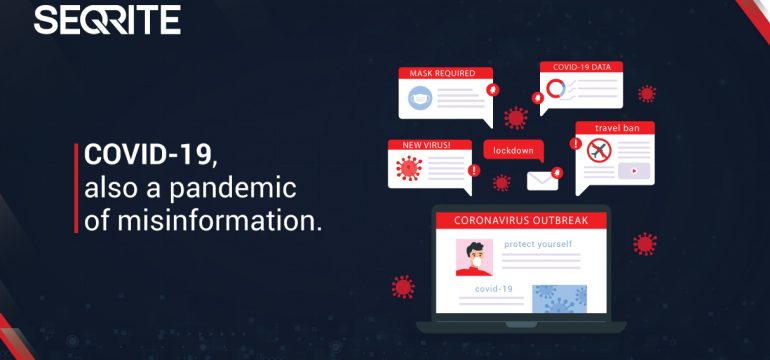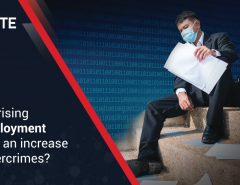The world is daring to hope again as there may finally be a finish line in sight to the unprecedented COVID-19 pandemic. Many countries have imitated vaccine distribution programs aiming to make their populations immune to the virus. While this is a process that is still in its early stages and will take time to complete, it has given some hope to a world fervently looking to regain a semblance of normality.
However, there has been one issue – the rapid spread of misinformation regarding the vaccine. The World Health Organization (WHO) defined this phenomenon through the term: “infodemic”, an overabundance of information and the rapid spread of misleading or fabricated news, images, and videos. According to the WHO, this infodemic has been highly contagious, grown exponentially and complicated pandemic response efforts.
Battling the pandemic of misinformation
This spread of misinformation can dangerously influence public opinion. A recent Gallup survey in December 2020 found that 37% of Americans surveyed were not willing to take a COVID vaccine. Another example can be found in France where a survey by Ipsos found that 46% of those surveyed would decline vaccination. The more this information spread, the more distrust and confusion was created around the world, leading to a situation where we have distinct, conflicting opinions today about the effectiveness of the vaccine.
There are even other theories that dismiss the entire pandemic and the vaccination process as a conspiracy theory. It is important to understand how this misinformation takes place – the intention is to plant seeds of doubt in a population to create mistrust by adversaries interested in turmoil.
What measures are organizations taking?
The biggest social media companies have also woken up to this problem and are taking measures. In August, Facebook announced that they had removed 7 million posts on coronavirus misinformation in the second quarter of the year and recently also declared that it would be removing posts with false claims about the vaccine. Twitter and YouTube also said they would start removing COVID-19 vaccine misinformation posts.
Enterprise security must also be prepared for the misinformation onslaught. With health being on topmost priority, attackers will be looking to lure employees with all kinds of fake claims about the vaccine. Employees may be tempted to click on links that promise to give them the vaccine in exchange for payment. More often than not, these links will lead them to suspicious websites that will infect devices with malware and spyware, creating a major security hazard for the enterprise.
That’s why enterprises should continue to remain calm and communicate with employees. Awareness should be created about the dangers of misinformation and the consequences of giving away personal information on suspicious websites. Enterprises should keep reiterating to employees that the crisis has not passed yet and the need for vigilance remains.
Enterprises must also ensure they have a fully-functioning, updated suite of security solutions which covers all spheres of influence. As pioneers of enterprise cybersecurity, Seqrite has a full range of solutions for infrastructure to applications across endpoint security, gateway protection and server-level protection.




